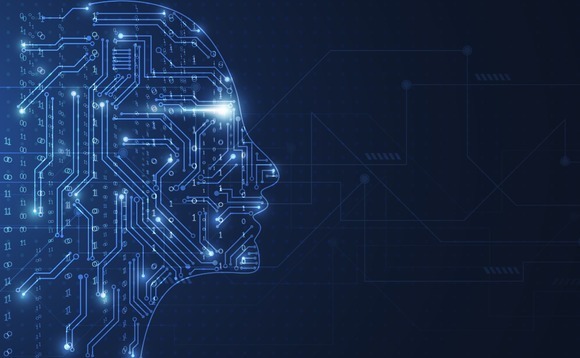
Chinese AI diagnosis player Shukun raises $108m

Shukun, a Chinese developer of artificial intelligence (AI) technology used in medical imaging diagnosis, has raised RMB700 million ($108 million) from Goldman Sachs, Primavera Capital Group, Sequoia Capital China, Marathon Venture Partners, and Sage Partners.
It follows cumulative fundraising of RMB1 billion in 2020.
This included RMB590 million from Sequoia, CICC Capital, and 5Y Capital, among others, and RMB400 million across two tranches of a Series B round featuring the likes of Qiming Venture Partners, China Creation Ventures (CCV), and investment arms of Bank of China and China Construction Bank. The first tranche of the Series B, worth RMB200 million, closed in 2019.
Marathon provided RMB22 million in angel funding in 2017 and Huagai Capital and 5Y led a Series A round the following year.
The proceeds of the latest round will go towards advancing coverage of the AI medical imaging market, with Shukun launching its "digital human body" platform earlier this year. The company has more than 10 medical device registration certificates covering diseases in the different parts of the body, according to a statement.
Founded in 2017, Shukun released its core product - a three-dimensional heart disease diagnosis solution - in December 2018. In 2020, it launched the world's first "digital brain" product, which has been clinically verified by more than 100 hospitals in China. It has a similar product targeting lung cancer.
"With one single CT scan, we provide screening results for heart and lungs," said Lei Zhang, Shukun's chief marketing officer, in a previous interview.
The company claims that its products significantly shorten the diagnosis process. A traditional heart disease imaging examination and diagnosis takes 30-60 minutes. Patients must then wait 1-3 days for the results. Using Shukun's end-to-end solution, some hospitals can offer same-day services.
"One CT session creates some 400 images. We can use them to reconstruct a three-dimensional ‘virtual heart' and give a pre-diagnosis," said Zhang. "It normally takes 30-40 minutes for a doctor to review and analyze all the images. With AI, this process can be cut to four minutes."
However, there remains a stark difference between theory and practice. A host of legal issues surround the use of AI in this way, which means doctors tend to review images and make formal diagnoses, rather than relying too heavily on AI-generated reports.
Ajay Royyuru, a vice president of health care and life sciences research at IBM, has insisted that no matter how effective AI solutions prove to be, they will not displace the expert practitioner.
Latest News
Asian GPs slow implementation of ESG policies - survey
Asia-based private equity firms are assigning more dedicated resources to environment, social, and governance (ESG) programmes, but policy changes have slowed in the past 12 months, in part due to concerns raised internally and by LPs, according to a...
Singapore fintech start-up LXA gets $10m seed round
New Enterprise Associates (NEA) has led a USD 10m seed round for Singapore’s LXA, a financial technology start-up launched by a former Asia senior executive at The Blackstone Group.
India's InCred announces $60m round, claims unicorn status
Indian non-bank lender InCred Financial Services said it has received INR 5bn (USD 60m) at a valuation of at least USD 1bn from unnamed investors including “a global private equity fund.”
Insight leads $50m round for Australia's Roller
Insight Partners has led a USD 50m round for Australia’s Roller, a venue management software provider specializing in family fun parks.








